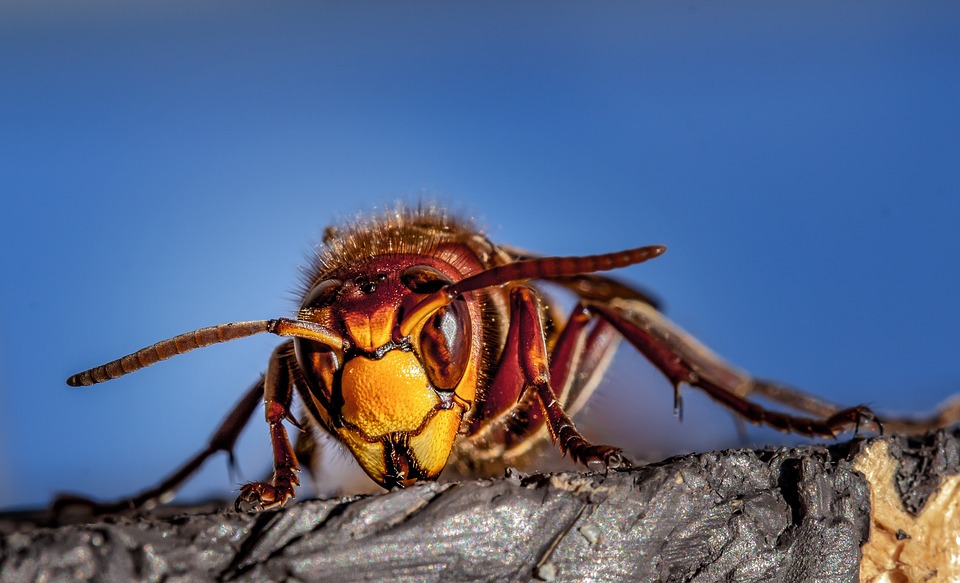Local Pest Control Services: What They Don’t Want You to Know
Pest control is an essential aspect of maintaining a healthy and safe living environment. From routine termite inspections to emergency rodent removals, pest control services offer a range of solutions designed to keep our homes pest-free. However, as consumers seeking pest control services, it is crucial to be aware of certain truths that might not always be communicated transparently by local pest control companies. Here’s what they don’t want you to know.
1. Not All Services Are Created Equal
One of the first things to recognize is that pest control companies vary widely in their training, methods, and materials used. Some businesses prioritize high-quality service and environmentally friendly practices, while others may employ less effective methods centered on profit. Beware of companies that promise the world but lack the proper certifications or positive reviews from trusted sources. Always research and look for licensed professionals who have a solid reputation in your community.
2. The Importance of Integrated Pest Management (IPM)
Many local pest control services tout the use of harsh chemicals and pesticides as the primary means of eradication. However, what they might not mention is the growing importance of Integrated Pest Management (IPM). This holistic approach combines biological, cultural, and mechanical practices with chemical controls to manage pest populations sustainably. IPM methods often lead to safer, long-term results without relying heavily on chemical treatments. Ask your pest control provider about their IPM strategies and consider choosing those that prioritize this method.
3. Licensing and Certifications Matter
Not all pest control providers are adequately licensed, and this can significantly impact the effectiveness and legality of their services. Each state has specific certification requirements for pest control professionals, and many companies may neglect to mention whether their technicians are fully trained and certified. Before hiring a service, verify their licenses and certifications to ensure they comply with local laws and regulations.
4. Seasonal and Regional Variabilities
Pest problems can vary significantly depending on the region and the time of year. Local pest control services may offer generic treatments that don’t take into account seasonal trends or specific local pest issues. Be wary of companies that provide cookie-cutter solutions without understanding the unique pest challenges faced in your area. A good pest control service will conduct a thorough inspection and customize their approach based on current infestations common to your locality.
5. Contracts Can Be Deceptive
Some pest control companies tie clients into long-term contracts that can be difficult to exit. These contracts may include automatic renewals with little notice and clauses that are not clearly defined. It is paramount to read the fine print before signing any contract. Look for services that offer flexibility and transparency in their terms, and seek clarity on cancellation policies.
6. DIY Solutions Do Work, Sometimes
Many pest issues can be addressed with DIY methods, depending on the severity of the infestation and the type of pests involved. Some pest control companies may not highlight this possibility, as it could affect their bottom line. Researching effective DIY solutions can save you money and may solve minor pest issues without the need for professional intervention. However, for severe infestations, a professional approach may ultimately be warranted.
7. The Risks of Over-Treatment
In their eagerness to please customers and eliminate pests quickly, some pest control services may resort to over-treatment with pesticides. This not only poses health risks to humans and pets but can also harm beneficial insects and the environment. A conscientious pest control provider will aim to use the minimal amount of products necessary to resolve an issue safely and effectively. You should always feel comfortable asking about the chemicals used and their potential effects.
8. Education is Key
Ultimately, a good pest control service won’t just aim to eliminate pests; they will also strive to educate their clients about preventing future infestations. Some providers, however, may not emphasize the importance of ongoing prevention techniques like sealing entry points, maintaining cleanliness, and being vigilant about common pest attractants. A knowledgeable pest control professional will empower you with the information to protect your home long after their treatment is completed.
Conclusion
While local pest control services are vital in maintaining a pest-free environment, being informed can help you make better decisions about how to approach pest management in your home. By recognizing what pest control companies may not disclose, you can discern the quality of service they provide, empower yourself with knowledge, and ultimately protect your home and family from unwelcome pests effectively and sustainably. Always do your homework, ask questions, and take the necessary steps to ensure you get the best possible service tailored to your specific situation.
